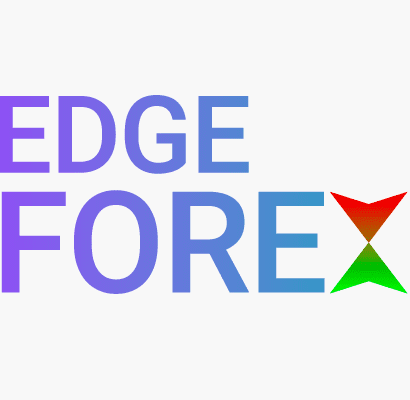Gold prices tend to rise whenever global conflicts arise. Investors seek assets that protect their wealth from financial instability. Gold has always been a preferred option in uncertain times. Its value increases when markets face disruptions due to war, political instability, or economic turmoil. The link between the prices and global conflicts is undeniable.
The Role of Geopolitical Tensions in Gold Prices
Geopolitical tensions impact financial markets worldwide. Investors fear economic downturns and seek safe options. Gold offers stability when other investments become risky. Wars, trade disputes, and diplomatic crises create instability, driving gold prices higher. Recent examples include the Russia-Ukraine conflict and U.S.-China trade disputes. In both cases, these prices surged as investors reacted to uncertainty.
Countries facing economic sanctions often increase their gold reserves. Governments accumulate gold to reduce reliance on foreign currencies. This demand contributes to rising prices. Central banks also play a role by adjusting interest rates. Lower interest rates make gold more attractive compared to yield-bearing assets.
Gold as a Safe-Haven Asset
Gold has been a safe-haven asset for centuries. It retains value even when stock markets collapse. Investors turn to gold during financial crises. Unlike paper currency, gold is not subject to government control. This makes it a reliable store of value.
During wars or economic crises, investors move away from volatile assets. Stock markets crash, and inflation rises. Gold prices respond by climbing higher. The 2008 financial crisis saw these prices nearly triple. The COVID-19 pandemic triggered another sharp rise. These examples highlight how gold acts as a financial shield.
Economic Uncertainty and Its Influence on Gold Prices
Economic uncertainty drives investors toward gold. When the future of the global economy looks bleak, prices increase. Investors fear recessions and market instability. The ongoing energy crisis and inflation concerns in Europe are prime examples.
Major economies facing downturns contribute to higher gold prices. A weak economy reduces confidence in currencies. Investors hedge their risks by purchasing gold. This trend was evident during the Great Depression and the 1970s oil crisis.
Inflation also plays a role. High inflation devalues paper currency. Gold acts as a hedge against inflation. When inflation rates climb, people buy gold to preserve their purchasing power. Central banks often buy gold to counter inflationary risks.
The Impact of Inflation Hedge on Gold Prices
Gold is an effective inflation hedge. Its value rises when inflation erodes currency strength. Investors prefer gold during times of high inflation. The 1970s saw record inflation, leading to a surge in prices. More recently, inflation concerns due to excessive stimulus spending drove prices higher.
A strong inflation hedge ensures wealth protection. Investors seek gold as a store of value. This increases demand and pushes prices upward. High inflation often coincides with global conflicts. Wars disrupt supply chains and fuel inflationary pressures. The result is a predictable increase in the prices.
Historical Trends: Gold Prices During Global Conflicts
History shows that gold prices surge during conflicts. The Iran hostage crisis in 1979 saw these prices quadruple. The Gulf War in 1990 also triggered a price spike. More recently, the Russia-Ukraine war caused a surge in gold demand.
Investors react to uncertainty by buying gold. Military conflicts destabilize financial markets. Gold remains one of the few assets that hold value. The 9/11 attacks led to a sharp increase in gold prices. The trend continues with every major geopolitical crisis.
Central Banks and Their Influence on Gold Prices
Central banks hold large reserves of gold. They adjust policies based on geopolitical risks. Many nations accumulate gold to strengthen their economies. When global tensions rise, central banks increase gold purchases.
Countries facing sanctions often turn to gold. Russia and China have been increasing their reserves. This move protects them from foreign financial restrictions. Such actions lead to higher demand and rising gold prices.
Future Outlook: Will Gold Prices Continue Rising?
Global conflicts will likely persist. Tensions between major economies remain high. Trade wars, cyber warfare, and diplomatic disputes continue. As uncertainty grows, gold prices will likely rise.
Investors should consider market trends. Gold remains a strong investment during crises. The historical pattern suggests that as long as conflicts persist, these prices will remain high. Investors should monitor geopolitical developments to make informed decisions.
Conclusion
Gold prices rise whenever global conflicts emerge. Investors seek stability during uncertain times. Geopolitical tensions, economic uncertainty, and inflation drive gold demand. History proves that gold remains a reliable safe-haven asset. As long as global tensions exist, gold prices will continue their upward trajectory.
Click here to read our latest article How to Start Forex Trading with $100 or Less
This post is originally published on EDGE-FOREX.
